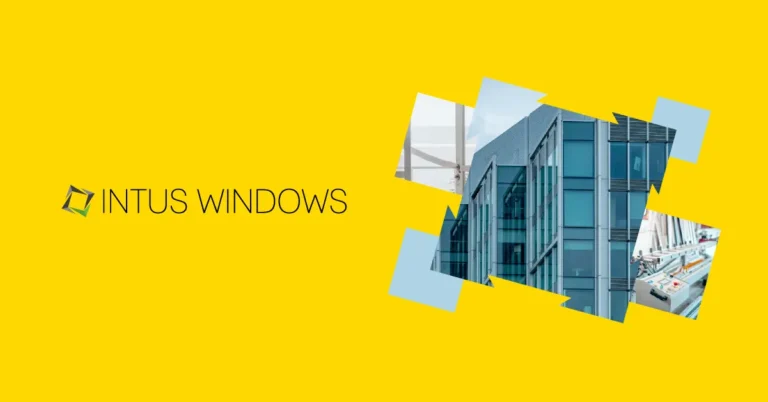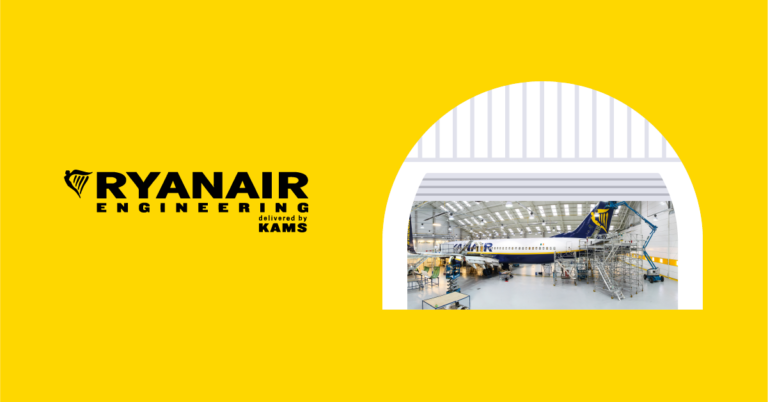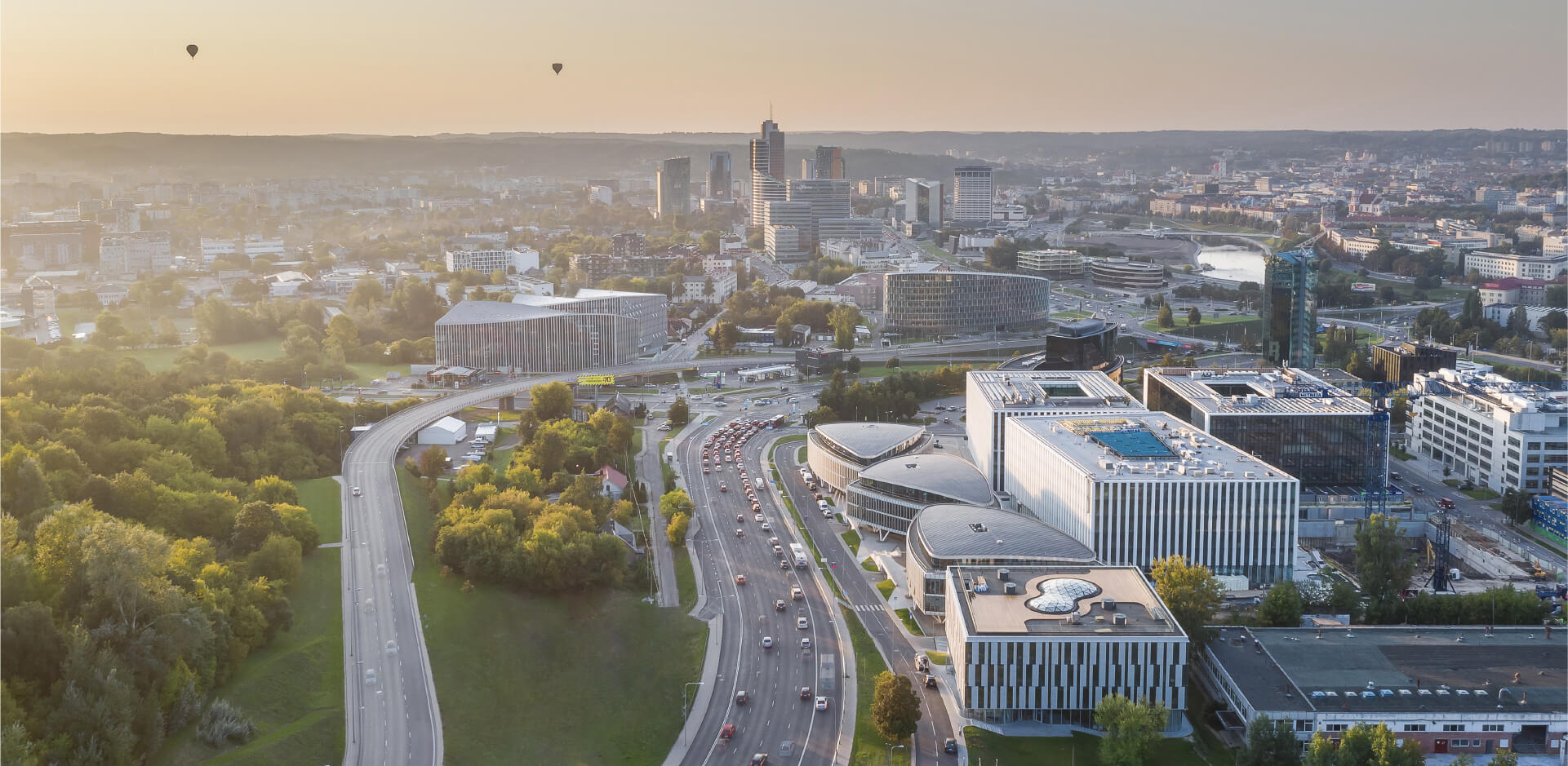With two new state-of-the-art research facilities opening their doors in Vilnius, Lithuania’s scientific community has high expectations for ground-breaking research and closer collaboration with business. This week the Joint Life Science Centre (JLSC) and the National Centre for Physical Sciences and Technology (NCPST) opened in Vilnius University’s Saulėtekis Campus. And according to top scientists in the country, these new facilities, combined with a talent pool of over 22,000 highly-skilled researchers, will transform Lithuania’s global standing as a research centre.
“We have some unique equipment in these centres and we have the know how to make use of it,” explained Prof Artūras Žukauskas, Principal of Vilnius University (VU), speaking at the opening of the new facilities. “This will increase our competitiveness in the world,” he continued, “and enable us to attract more top researchers from abroad. I was recently asked whether the work carried out at these centres will earn us a Nobel Prize. My reply is simply that such prizes don’t appear in a vacuum, and we can say today that in Lithuania the vacuum has been filled.”
According to the NCPST’s Director, Prof Gintaras Valušis, Saulėtekis will now be the hub for the strongest scientific talent in Lithuania, conducting research which will be of international significance. Prof Valušis believes that of the top researchers in the country (those with over 1000 academic citations), 85% will be working in these centres.
In both centres, top research institutes, university departments and businesses are being brought together under one roof. The JLSC is a cutting-edge research space catering for the needs of biotechnology and molecular medicine research, and with the capacity to develop technologies for these fields. The Biochemistry and Biotechnology institutes of VU, all of the university’s biology departments, and a business incubator will be based in the centre.
The NCPST is the largest purpose-built technology and research centre in Lithuania. It has bespoke facilities for research into semiconductor nanotechnology, organic material technology, chemical technology, and laser and light science technology. The centre is now home to VU’s Physics Faculty, part of the Faculty of Chemistry, the Institute of Applied Research, and the Institute of Theoretical Physics and Astronomy. Vilnius Gediminas Technical University also have three laboratories in the centre.
The opening of these new centres is certainly good news for both current and prospective foreign investors. Alongside further enhancing Lithuania’s science talent pool, these facilities will also give companies greater R&D potential in Lithuania. The four-storey NCPST boasts more than 27,000 square meters of research facilities, including 46 individual laboratories, and can accommodate 700 researchers at one time. Crucially, the technology the centre possesses is being made available to companies, whilst the business incubator in the JLSC is another positive example of academics and businesses collaborating.















